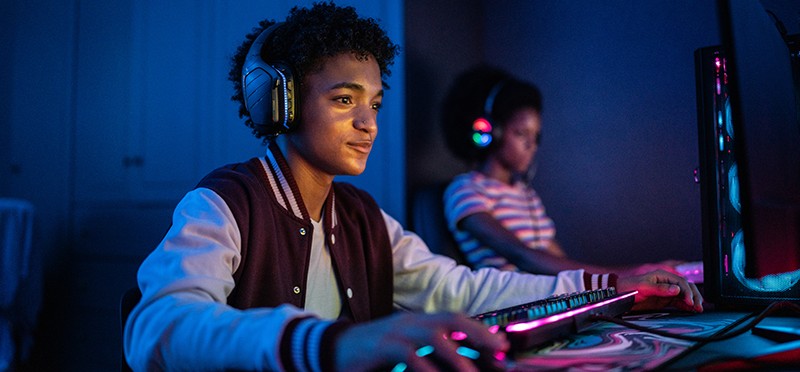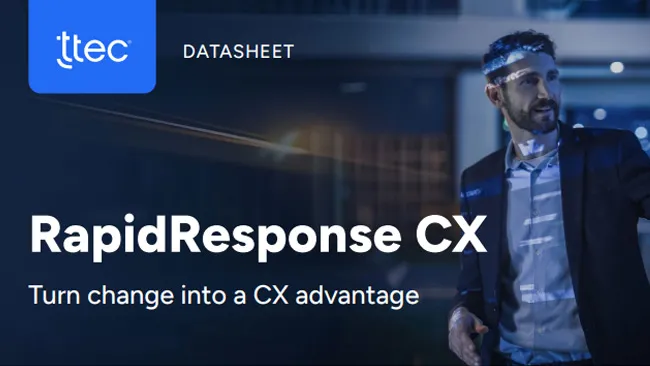Online gaming communities bring people together from all over the world and provide a space for players to connect, compete, and make new friends. These communities are important: they help them players share strategies, tips, and advice that can help them become more competitive and improve their gameplay.
Communities can also foster teamwork and cooperation among players, which is often the driving force in multiplayer games, and they help shape the culture and norms of the game.
Ideally, this all promotes a positive and inclusive atmosphere, but it’s often much more complex than it seems. The very nature of gaming – how it brings together a group of people who are talking, trash talking, or sharing game clues, in real time, via your platform during games – brings some powerful opportunities for your brand but also some unique challenges.
When you’re providing a space where so many people gather (especially passionate ones fueled by a competitive spirit), trust and safety need to be top of mind. It’s important to create a vibrant ecosystem that enhances the gaming experience, while also maintaining a safe and welcoming space where gamers feel comfortable.
Watch out for these three trust and safety pitfalls that could be hurting your player experience.
1. Lax content moderation + platform safety
When does playful trash talking cross the line into bullying? With the massive size some multiplayer online game reach, gamers are in-game with many people and have many different types of interactions. Sure, some of it’s trash talking that’s intended to be harmless, but lines can easily be crossed and these large forums can become breeding grounds for bullying, hate speech, and other problems if you’re not careful.
Gamers are quick to leave a toxic community, so content moderation must be a top priority. You’ve got to stay on top of how gamers are interacting, what they’re saying, and proactively investigate activity that seems problematic. There’s a lot to keep tabs on, so make sure part of your support team is devoted to this.
In addition to being on the lookout for bullying and hate speech, brands also need to protect their youngest gamers. With more and more children joining games, it’s critical to ensure their safety. One harmful event involving children can ruin your brand’s reputation. It’s important to give parents the option to enable parental controls, but additional responsibility still lies with your company – you’ve got to moderate what’s being talked about during games.
It's important to develop and manage community guidelines and actively monitor conversations (where appropriate). Give players an easy way to report inappropriate behavior and consistently enforce your content moderation policies. But you also need to ensure your team is performing due diligence when a complaint is made, to understand the nature, history, and context surrounding. Also, be sure to give users the option of appealing a complaint against them. The number of overturned decisions you have is an important metric to watch; it’s critical that the decisions made are the right ones.
2. Compromised account integrity
Just as you need to carefully monitor what people say in your communities, you need to know how people get there in the first place.
Account integrity should be a major focus. You’ve got to strike a balance: accounts should be easy for gamers to create and navigate, but you need processes in place to validate accounts to ensure they’re legitimate.
Nothing’s more frustrating for gamers than having their in-game experience temporarily ruined due to account-related problems. When an issue occurs, they want it resolved – fast. Ideally, issues should be resolved whenever possible through self-service, and self-discovery workflows that educate gamers on “why” their account was triggered in the first place. From a human perspective, make sure your support team has the people and technology it needs to quickly solve problems surrounding payments, rewards, and account takeovers when they arise.
3. Fraudsters ruining the game for everyone
Not everyone plays fair. Some gamers buy their way to the top of the leaderboards, using third-party applications to cheat their way to victory.
Most people don’t want to game on an unlevel playing field, so you have to crack down on fraud when you see it and do everything you can to prevent it. Having people and tools on your support team that specialize in preventing and detecting fraud will help keep your gaming space a place where people want to play. Going even further, you can empower the community to protect itself by flagging potential cheaters for the greater good.
Level-up your player experience
Your communities play a key role in your games’ success. In addition to fostering connections and friendships, these communities are where gamers voice how they feel about their gaming experiences - for better or worse.
Working with an experienced CX partner can help ensure you’re delivering a player experience that keeps gamers coming back for another round.














